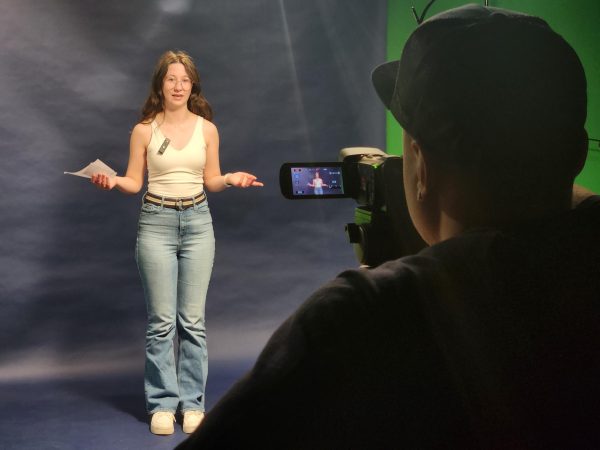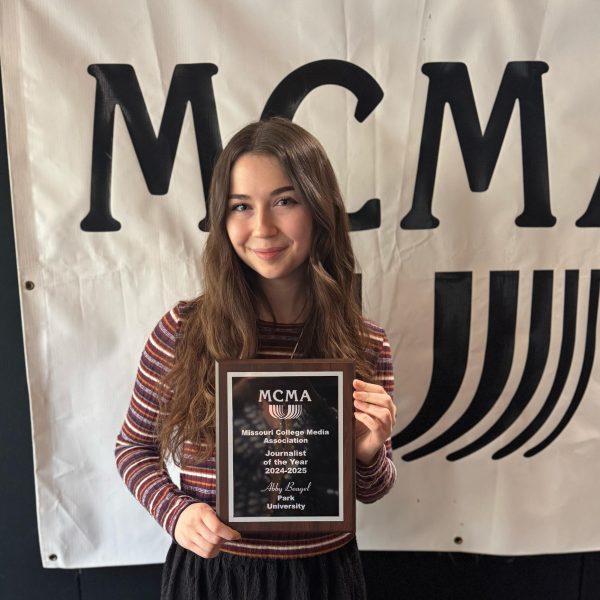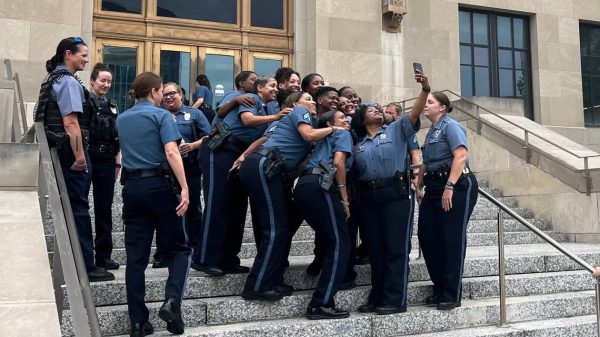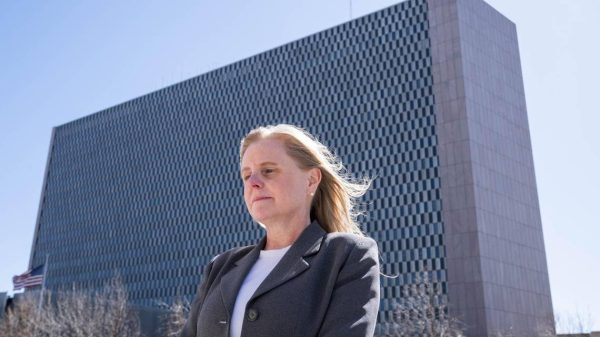Free textbooks could be the future at Park
Northwest Missouri State, Avila University, South Georgia Tech and Tidewater Community College are all schools that are experimenting with zero cost text programs. These programs seek out electronic textbooks, digital direct access, alternative media, open educational resources and any other option with no or low additional costs. In turn, they offer curriculums that incorporate these resources to students at no cost.
“(President) Gunderson and I were talking one day about the need to escalate. We talked about a special department of academics. That conversation led to this,” said Jeff Ehrlich, Ph. D., associate professor of healthcare administration. He is one of the founding members of the Office of Special Projects and Strategic Initiatives.
“We’re still in discussions mode, and there’s lots to discuss about ZTC (Zero Textbook Cost). I was just at a Chicago conference of 25 or 30 universities. Those schools that, maybe didn’t communicate the goal, were the ones that had the hardest time with implementation. This is a whole lot bigger than me. Project managers, bookstore employees, marketing, any number of people. Without their support, it will never happen,” Ehrlich said.
Not everyone shares his ardency, however.
“It’s a program I’m somewhat concerned about,” said Lora Cohn, Ph. D., associate professor of communications.
“I like the idea of getting students’ materials and cheaper access to materials. It’s great. Electronic materials are great as long as students can and will access them. Even then, the electronic form of it, I think is problematic and the university doesn’t seem to be doing any research on that,” she said.
“We ran our own test with term one this year,” said Ehrlich.
According to Ehrlich, the ZTC pilot program for criminal justice majors this semester found students with access to the free materials were 10 percent more likely to stay in class.
“If I were going to design a study for Park, I would have us give paper books to some people and e-books to others and compare scores, compare papers,” said Cohn.
From a mound of notes, she produced a study performed by Patricia Alexander, a literacy scholar at the University of Maryland.
“She looked at 878 studies on the topic between 1992 and 2017, and only 36 of them compared digital and print and measured learning studies. Only 36 actually looked at how students learned. So part of my concern about e-books is that we’re handing students things, we’re acting like it’s going to help them learn, but we don’t really know that,” she said.
“Some of the research of those 36 is a little disturbing,” Cohn added.
One example is the “F pattern.” This is a pattern researchers have observed readers using on screens: scanning across the top, down the left side, then through the rest of the page, narrowing toward the bottom. The result of this tendency is to get just a basic idea of what the text is saying.
“I don’t know very many college professors who don’t want their students to get the details,” said Cohn.
“Is it possible for a faculty to have no textbook and simply use media?” asked Ehrlich.
He points out that e-books are not the only option being considered; there are faculty-assembled textbooks, peer reviewed articles and research, OPENSTAX and other examples of open educational resources.
“I’ve taught with OER. It gives the opportunity to put in what you want and cut some of the fluff. A teacher can modify, add, drop; it’s a modifiable book that fits better with their own liking in the classroom,” Ehrlich said.
“I actually have no problem with e-materials as long as you can print them,” said Cohn. “But to encourage people to read e-books, I will never do it in my class ever again. We have an online class that only has an e-book available, and it’s on my list as something we have to talk about as a department and stop. We have to find a new book for that course. Even though there’s not very much research, it’s enough to make me concerned about this whole idea.”
“At faculty senate meetings I’ve asked multiple times ‘have you looked at the research that suggests that e-books are not a good thing?’ and I just get crickets,” she said.
Some of that research is compiled in the book “Distracted Minds” by Adam Gazzaley and Larry D. Rosen. In one example, “Terry Judd, a professor at the University of Melbourne, monitored more than 3,300 computer sessions logs from 1,229 students studying in the computer lab and found that the average time on task was 2.3 minutes.”
“Eight percent still had a hard copy this semester,” Ehrlich said as reminder that students can opt out if they prefer a book.
This does little to reassure Cohn, however, due to another research finding of Alexander and a doctoral student, Lauren Singer.
“Most of the people thought they did better when they were reading on a computer screen because they read faster and that made them feel like they were understanding, but they really weren’t when they looked at the tests they gave them afterwards. We’re putting things in students’ hands, asserting to them that this will help you and in reality it may detract from you’re learning,” Cohn said.
“If we’re going to give people electronic materials they need to be able to print them. I know that a goal of this program is to always find things that students can physically print. I applaud that, but I think we need to be cautious. We need to talk to students about how you deal with an e-book. So don’t read it right before you go to bed since that can affect sleep patterns, put a block on your computer so you can’t go to Facebook when you’re using your e-book, print it if it’s printable. The one I think is most important; don’t assume you learn it because you’re going fast,” she said.
“We are exploring different timelines to reach an all-inclusive option by 2018,” said Ehrlich. “We continue to go forward on what we believe will be the best path forward. This is something universities across the nation are taking on as a real, attainable goal.”
Cohn sees the same trend but with the opposite connotation.
“There are universities that only use e-books. It doesn’t seem like a good idea. I think we have a role of protecting students. I think it’s a good idea to get low cost materials into people’s hands, but I don’t think we should jump whole hog into e-books without researching how it’s going to affect learning,” she said.
Your donation will support the student journalists of Park University. Your contribution will allow us to cover our annual website hosting costs, freeing up other funds for equipment, printing and training.







